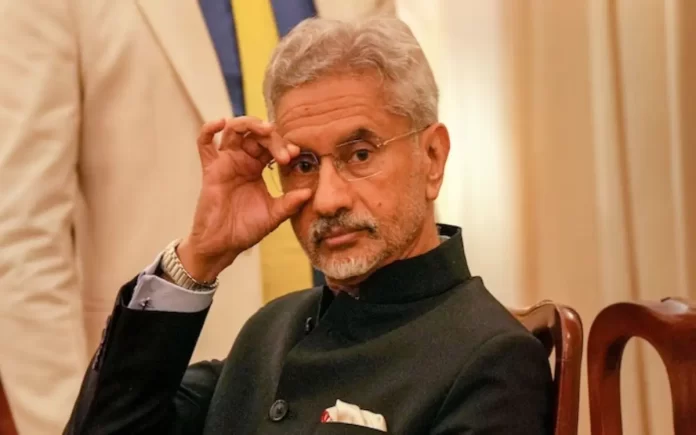New Delhi: External Affairs Minister S Jaishankar has firmly rebuffed China’s recent move to rename places in Arunachal Pradesh, reaffirming India’s sovereignty over the northeastern state. This comes after China released a fourth list comprising 30 new names for various locations in the region.
Jaishankar, speaking at a briefing in Gujarat’s Surat, questioned China’s actions, stating, “If today I change the name of your house, will it become mine? Arunachal Pradesh was, is and will always be a state of India. Changing names does not have an effect…Our army is deployed there (Line of Actual Control)…”
Earlier in the day, the Chinese Ministry of Civil Affairs released the list of altered names in Arunachal Pradesh, referring to it as ‘Zangnan’ and considering it a part of South Tibet, as reported by the Global Times.
The official website of the ministry posted 30 new names for the region, with implementation measures set to take effect from May 1. Article 13 of the measures stipulates that “place names in foreign languages that may harm China’s territorial claims and sovereignty rights shall not be directly quoted or translated without authorization.”
Also Read: US Plans Trilateral Summit with Japan and South Korea in July
Jaishankar had previously criticized China’s claims on Arunachal Pradesh, labeling them as ‘ludicrous.’ He reiterated India’s stance, emphasizing that the state is an integral part of the country. “This is not a new issue. I mean China has laid claim, it has expanded its claim. The claims are ludicrous to begin with and remain ludicrous today,” he asserted.
The External Affairs Minister also highlighted that India’s position on Arunachal Pradesh remains consistent and will be part of ongoing boundary discussions.
In addition to India’s response, Beijing expressed displeasure over the US statement recognizing Arunachal Pradesh as Indian territory. The US State Department’s Principal Deputy Spokesperson, Vedant Patel, affirmed, “The United States recognizes Arunachal Pradesh as Indian territory and we strongly oppose any unilateral attempts to advance territorial claims by incursions or encroachments, military or civilian, across the Line of Actual Control.”



